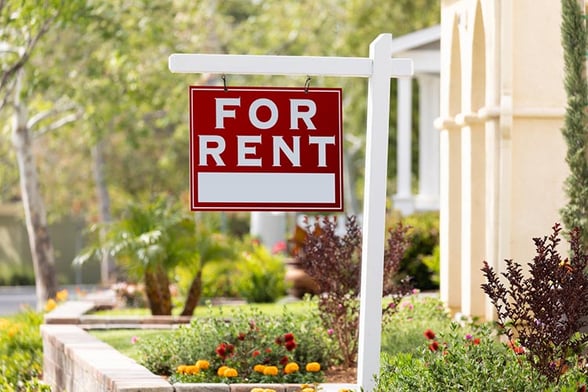
It is a common misconception that the cost basis for a rental property is the price paid for a property. The cost basis for a rental property is actually the cost of acquiring the property. This is considering not just the price, but also expenses incurred in the sale.
The cost basis is significant because it helps determine what you report as taxable income.
Calculating the Cost Basis
The steps for calculating the cost basis of a rental property are the same regardless of how you paid for the property.
Original Cost of the Investment
First, you need to know what you paid for the property. This is the total amount of your loan or how much cash you paid.
Costs Related to Property Acquisition
Next, you take the price you paid for the investment and add certain expenses related to the property purchase. Some of these items include:
Closing Costs - not all closing costs are added to the cost basis. Only the closing costs you pay can be included, not any paid by the seller. In addition, any costs deducted from income taxes, like loan origination fees and prorated interest, are not included in the basis.
Costs related to the purchase of the property that might be added to the cost basis include:
- Settlement costs
- Title search
- Title insurance
- Recording fees
- Survey
- Realtors' commissions
- Appraisal fees
- Transfer taxes
The IRS provides a full list of closing costs that are added to the cost basis of your property.
Property Improvements
Improvements made to the rental property beyond the initial purchase price might also be added to the cost basis. The items should be physical improvements that an appraiser would likely increase the property's value. Some examples include:
- New roof
- Kitchen remodel
- New HVAC system
So, taking the above information, let’s look at the cost basis for a rental property purchased for $200,000. The qualifying closing costs are $10,000 and a full bathroom remodel is $7,000. This would mean the property's cost basis would be $217,000.
The calculation of a rental property’s cost basis is not exact and has many variables. If you have questions, it is important to contact a tax advisor.
Cost Basis for Calculating Depreciation
When determining the basis for calculating depreciation, the cost basis of land and buildings needs to be calculated separately. Unlike building structures, land doesn’t depreciate. So, the value of the land and the value of the actual housing structure should be looked at individually.
Using a property tax assessment is one way to calculate the difference between the land and building cost bases separately.
For instance, you have a property with a combined land and structure cost basis of $150,000. The tax assessment says that 30% of the property value is land and 70% is building. You would use 70% of $150,000 as the cost basis for depreciation.
When an investor sells a property that has appreciated in value, they are typically subject to capital gains taxes on the sale. However, investors can potentially defer these taxes by doing a 1031 exchange.
In a 1031 exchange, the investor must sell the property and reinvest the proceeds in another "like-kind" property. They must identify a like-kind property within 45 days of the sale and finalize the transaction within 180 days. By doing this, the investor can defer taxes on the sale until they sell the second property. 1031 exchanges can be helpful for investors looking to delay capital gains taxes.
It is surprising how many investors miscalculate the cost basis, so it is always beneficial to talk with a financial advisor to ensure calculations are accurate for tax purposes.
This material is for general information and educational purposes only. Information is based on data gathered from what we believe are reliable sources. It is not guaranteed as to accuracy, does not purport to be complete and is not intended to be used as a primary basis for investment decisions. Realized does not provide tax or legal advice. This material is not a substitute for seeking the advice of a qualified professional for your individual situation. Costs associated with a 1031 transaction may impact investor’s returns and may outweigh the tax benefits. An unfavorable tax ruling may cancel deferral of capital gains and result in immediate tax liabilities.



